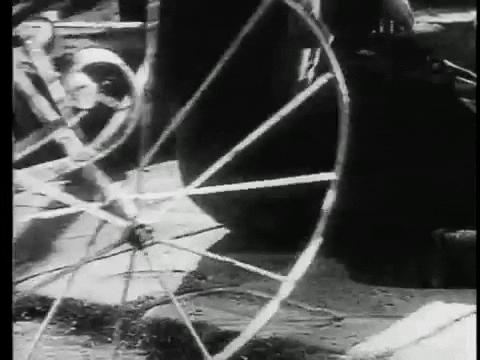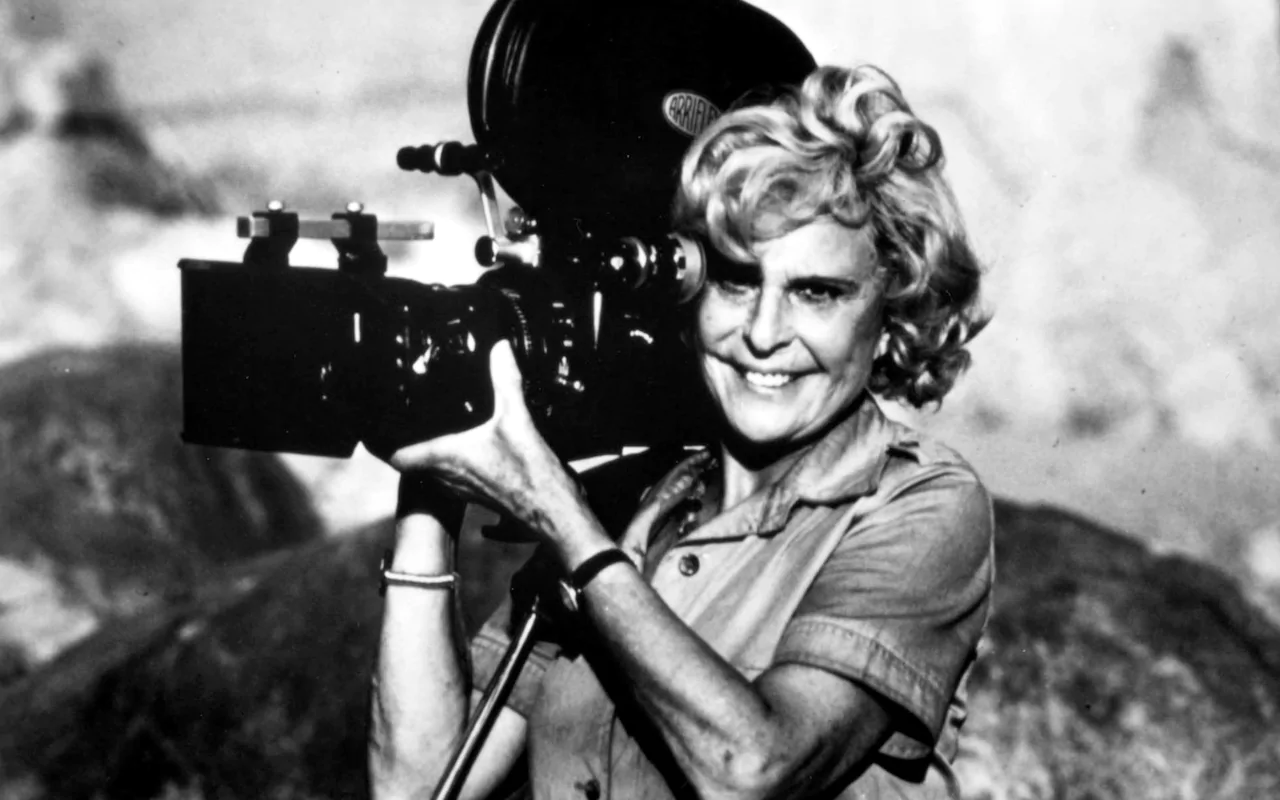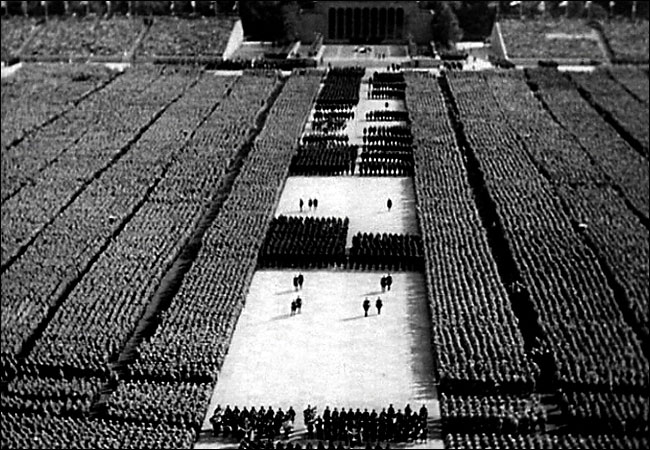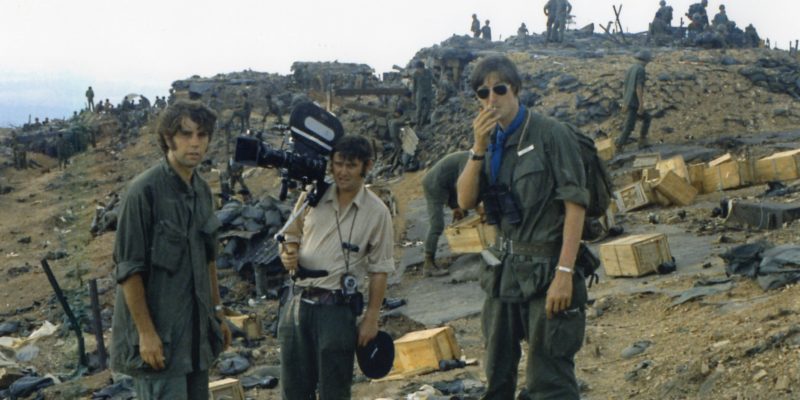Politics and Film

The famous ‘baby on the steps’ scene in 'Battleship Potemkin' (1925) aimed to persuade early Soviet audiences of the heartlessness of the Czarist regime and the morality of the socialist cause.
Propaganda and War
Political turbulence coupled with developments in film technology, production, and distribution in the interwar years resulted in the release of some of the most impressive propaganda films ever made in the period before and during the Second World War. Films such as Sergei Eisenstein's 'Battleship Potemkin' (1925), which attempted to present socialist revolution as inevitable, gave way to Leni Riefenstahl's 'Triumph of the Will' (1935) which portrayed the fascist visual pageantry of the Nuremberg Rallies. World War II offered a uniquely fruitful atmosphere for propaganda which hasn't since been replicated, but propaganda lives on in the digital age in the form of 'fake news,' 'shockumentaries,' and state-sponsored video news platforms such as Voice of America or RT (formerly Russia Today).

On June 8, 1972, Associated Press photographer Nick Ut was outside Trang Bang, about 25 miles northwest of Saigon, when the South Vietnamese air force mistakenly dropped a load of napalm on the village. 9-year-old Phan Thi Kim Phuc had suffered burns to 30% of her body. Ut’s photo of the raw impact of conflict underscored that the war was doing more harm than good. When President Richard Nixon wondered if the photo was fake, Ut commented, “The horror of the Vietnam War recorded by me did not have to be fixed.†In 1973 the Pulitzer committee agreed and awarded him its prize. That same year, America’s involvement in the war ended.
Chomsky and Herman argued that it was propagandistic to portray the war positively in the media only to then later portray the Soviet War in Afghanistan as an aggressive act. While the Vietnam War was arguably only portrayed positively until the Tet Offensive in 1968 shook the confidence of American viewers in the military efforts there, it may also have been that as audiences in the US grew tired of the ongoing conflict, reporters and television news networks may have simply reflected this weariness back at them in a sort of propaganda of cynicism. Because these audiences had little faith in the willingness of official military propaganda sources to accurately portray what was occurring, the news networks became, by default, the trusted sources.
There is a thin and often blurry line between propaganda and opinionated media in general. There will almost certainly always be people who will accept no group's expressed opinions or statements of fact - take those who instinctively distrust any criticism of China, for example, or their counterparts who refuse to believe any statement on behalf of, say, NATO. Ultimately, propaganda is a lot like US Supreme Court Justice Potter Stewart's definition of obscenity - "I know it when I see it."

On June 8, 1972, Associated Press photographer Nick Ut was outside Trang Bang, about 25 miles northwest of Saigon, when the South Vietnamese air force mistakenly dropped a load of napalm on the village. 9-year-old Phan Thi Kim Phuc had suffered burns to 30% of her body. Ut’s photo of the raw impact of conflict underscored that the war was doing more harm than good. When President Richard Nixon wondered if the photo was fake, Ut commented, “The horror of the Vietnam War recorded by me did not have to be fixed.†In 1973 the Pulitzer committee agreed and awarded him its prize. That same year, America’s involvement in the war ended.

Leni Riefenstahl. Hitler's favourite filmmaker.

A scene from Riefenstahl's 'Triumph of the Will' (1935).

The first TV war. A crew on the battlefield in Vietnam.


